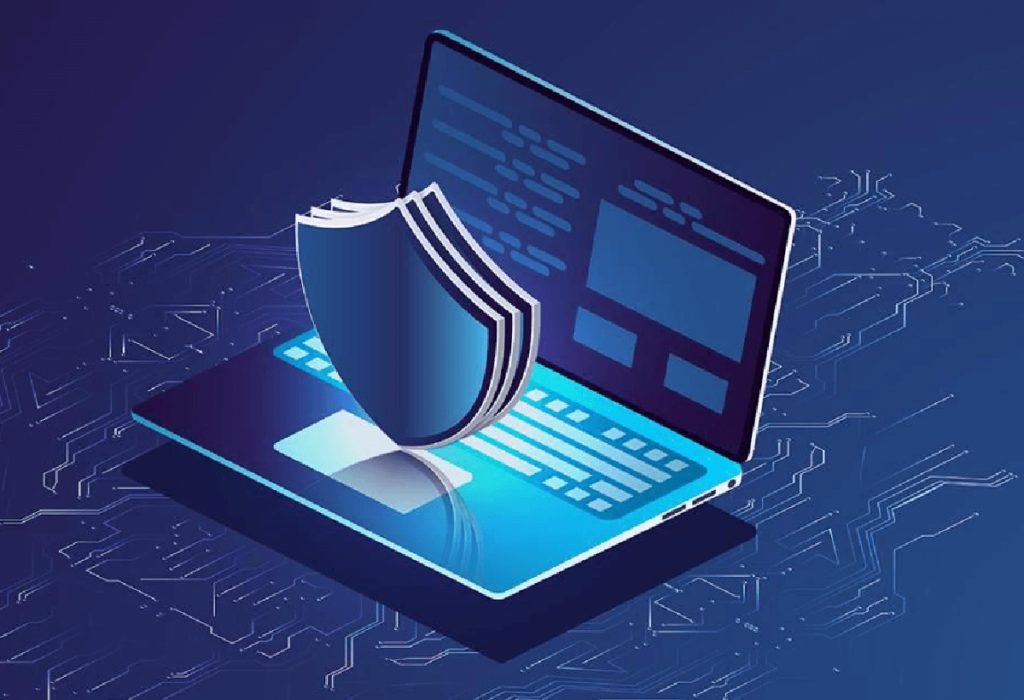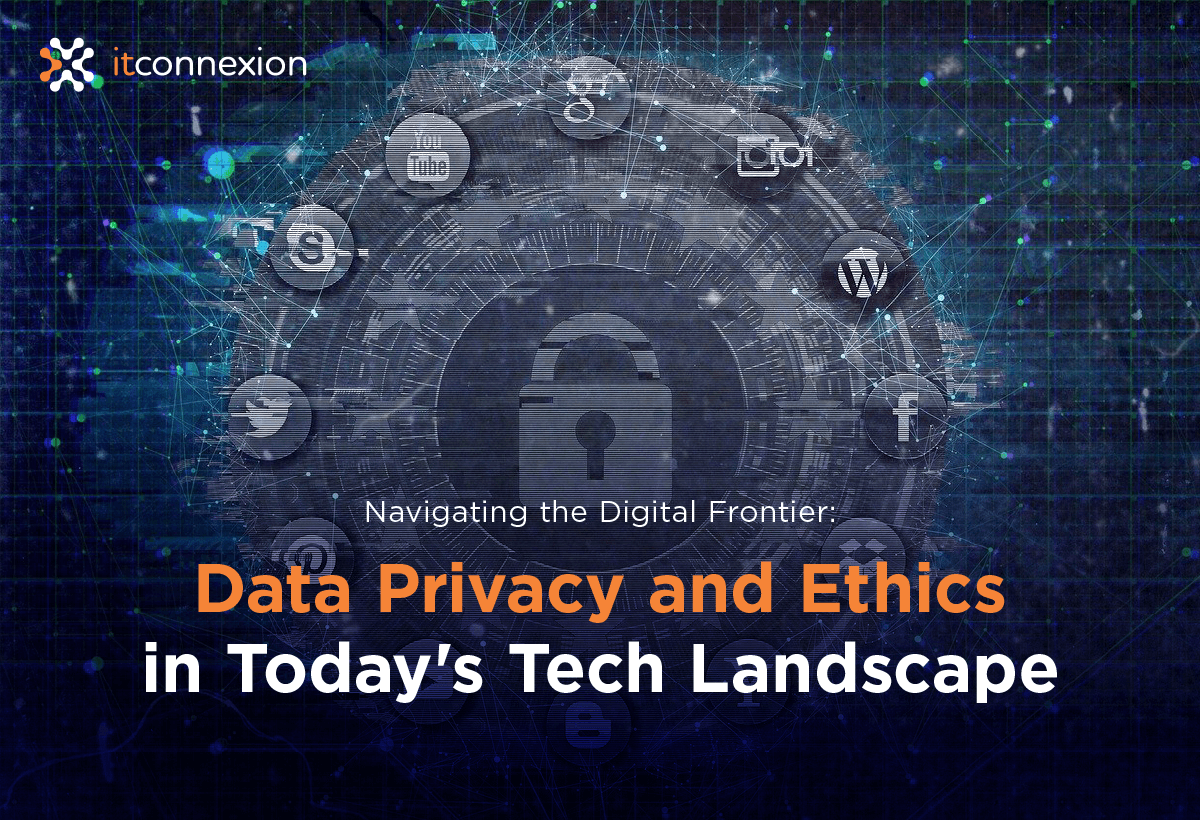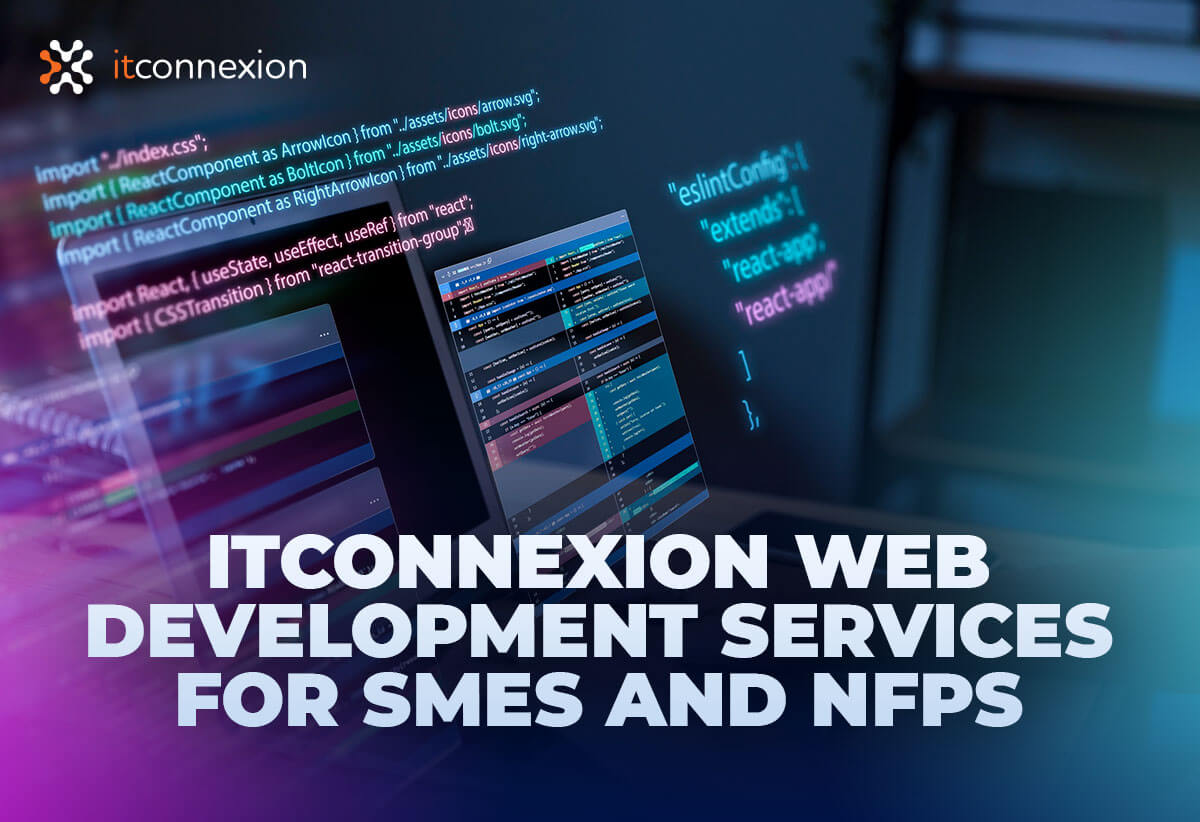In today’s increasingly digital world, where technology permeates every aspect of our lives, the issues of data privacy and ethical technology use have become paramount. From social media interactions to online shopping habits, various entities constantly collect, analyse, and utilise our personal data. This article aims to delve deep into the complexities of data privacy and ethical technology use, shedding light on safeguarding personal information and promoting responsible tech practices in the ever-evolving digital landscape.
The Ubiquity of Personal Data
It’s no secret that our daily interactions with digital platforms generate massive amounts of personal data. Whether scrolling through social media feeds, browsing e-commerce websites, or using mobile apps, each action leaves a digital footprint. This data, often collected through cookies, trackers, and analytics tools, is invaluable to companies seeking insights into user behaviour. While the intention may be to enhance user experience through targeted advertising and personalised content recommendations, the sheer volume of data collection raises significant concerns about privacy and data security.
The Data Collection Lifecycle
Understanding the data lifecycle is essential for grasping the potential risks associated with personal information. The process typically involves four stages: collection, processing, storage, and disposal. Companies utilise various technologies and strategies to gather user data, creating detailed profiles beyond basic demographics.
However, as data breaches and privacy violations continue to make headlines, questions arise about the transparency and accountability of these practices. Tech companies often present users with lengthy terms of service agreements and privacy policies. Still, the legalese and complexity can hinder proper informed consent.

The Role of Consent
Informed consent is a cornerstone of data privacy and ethical technology use. However, the current model of obtaining consent often needs to provide users with meaningful choices. Lengthy and convoluted privacy policies make it challenging for individuals to understand the implications of sharing their data.
As a result, there is a growing call for companies to adopt more user-friendly communication methods and transparent data practices. Empowering users to make informed decisions about their data is essential for building trust and fostering a culture of responsible tech use.
Ethical Considerations in Technology Use
Beyond legal compliance, ethical considerations are pivotal in shaping responsible technology use. Issues such as the responsible handling of user data, algorithmic bias, and the societal impact of technological advancements are at the forefront of ethical discussions. As technology continues to evolve rapidly, it is imperative to establish an ethical framework that guides the development and deployment of tech innovations. Companies must prioritise transparency, fairness, and user empowerment in their technology initiatives.
Transparency and Accountability
Increasingly, stakeholders hold tech companies accountable for their data practices and ethical conduct. Transparency about data collection methods, purposes, and potential risks is essential for building user trust. Companies should provide clear and accessible information about collecting, processing, and sharing personal data.
Additionally, user consent and data control mechanisms should be straightforward and user-friendly. Accountability measures, such as regular audits and independent oversight, can ensure that companies adhere to ethical standards and regulatory requirements.

Bias and Fairness
Algorithmic bias poses a significant ethical challenge in technology use. Machine learning algorithms, while powerful, can perpetuate and amplify biases present in training data. This can result in discriminatory outcomes, reinforcing existing social inequalities.
Ethical technology use requires ongoing efforts to identify and mitigate bias in algorithms. Companies must prioritise fairness and equity in designing and implementing AI systems, ensuring that technology serves diverse populations without perpetuating discrimination.
Empowering Users
Central to ethical technology use is empowering users to control their data. Providing individuals with accessible tools for managing privacy settings, understanding data usage, and making informed decisions about sharing personal information is essential. User education and awareness initiatives can help individuals navigate the digital landscape and advocate for their privacy rights. By empowering users to take ownership of their digital identities, companies can foster a culture of respect for online privacy and data security.
The Future of Data Privacy and Ethics
The conversation around data privacy and ethics will likely intensify as technology advances. Governments, regulatory bodies, and tech companies must collaborate to establish and enforce robust standards that protect user privacy while fostering innovation. Integrate ethical considerations into every stage of the technology lifecycle, from design and development to deployment and evaluation. By prioritising ethical principles and responsible tech practices, we can create a digital future that respects individual rights and promotes the common good.

Conclusion
In conclusion, safeguarding our digital identities and protecting sensitive information demands a focus on data privacy. Monitoring how tech companies collect, store, and utilise our personal information is crucial. Move proactively towards securing your digital presence by partnering with ITConnexion, an expert in ensuring data privacy.
When collectively advocate for fairness and honesty in information handling, we make the internet safer. By teaming up with ITConnexion, we ensure the protection of people’s privacy and the responsible use of technology.
Let’s act together and create a safer and more secure online environment for all. Contact our expert team at ITConnexion to champion digital security and responsible technology use today.





